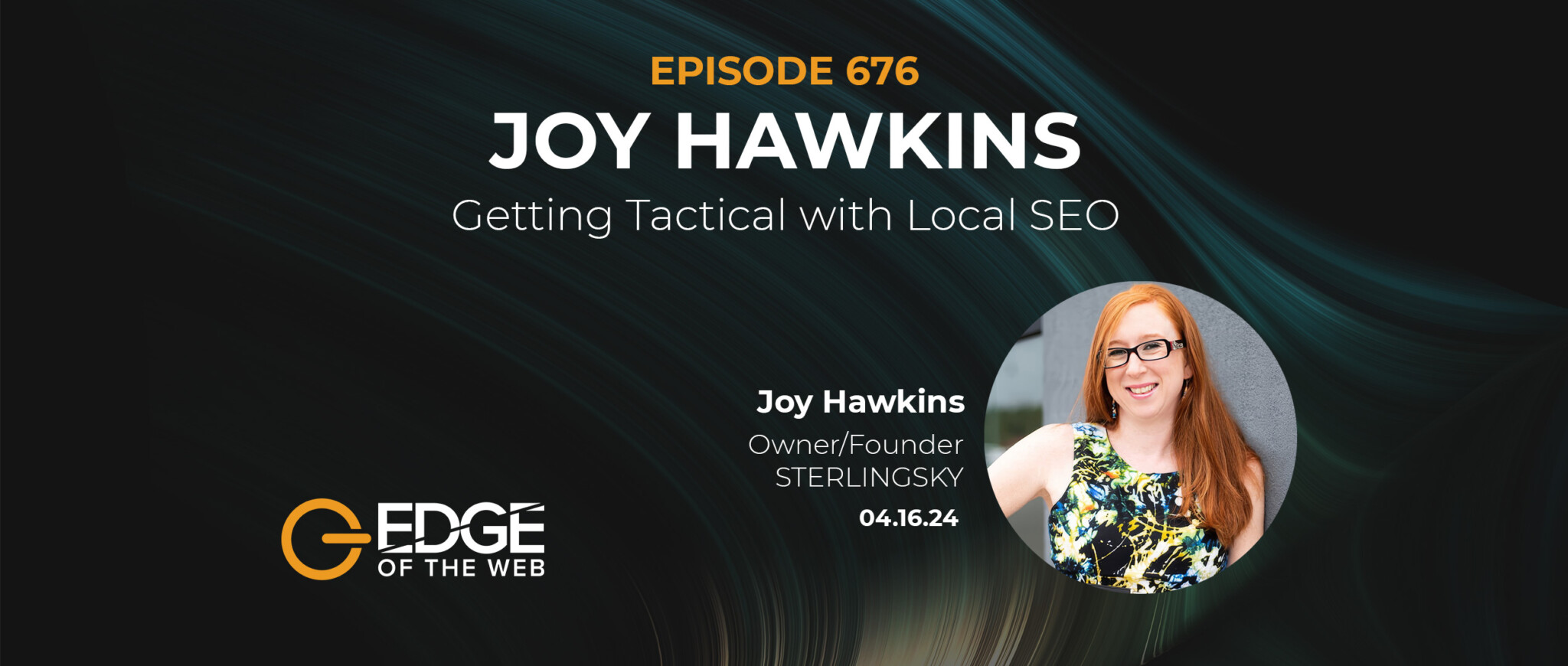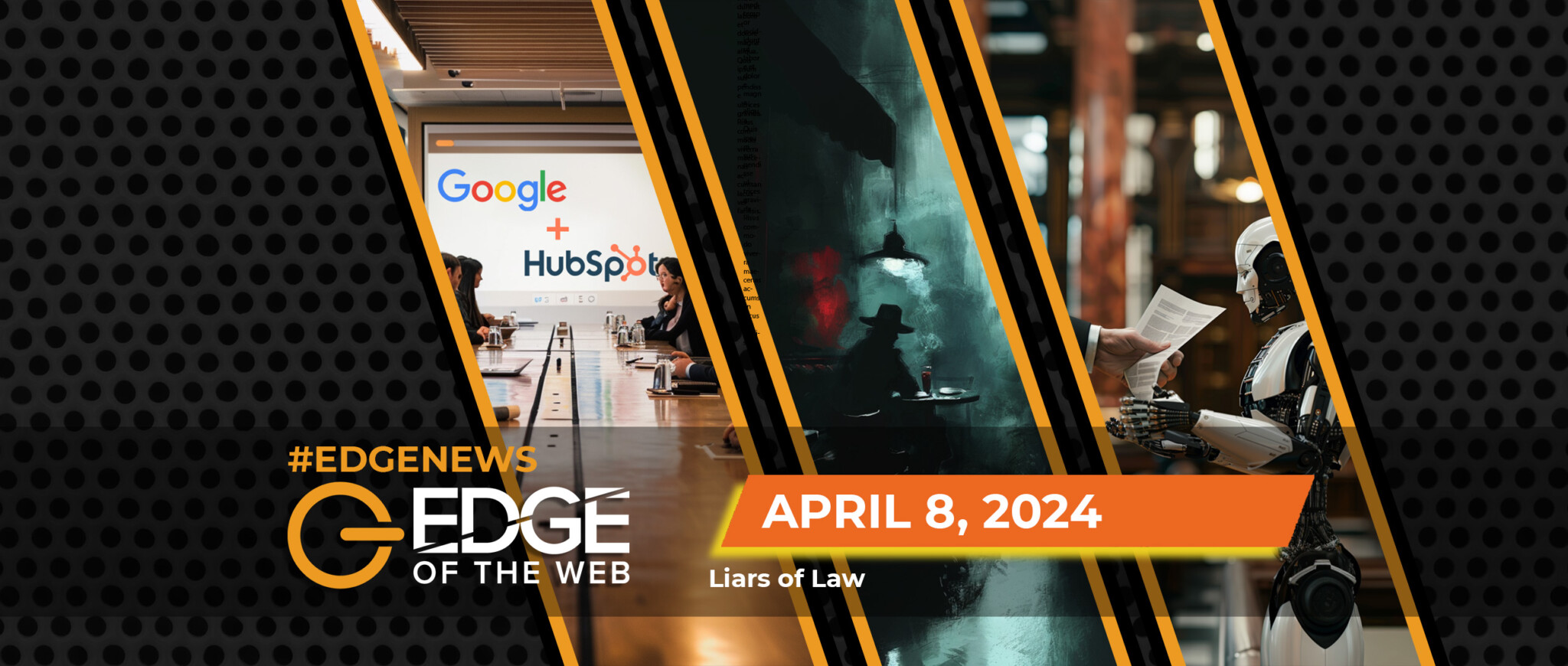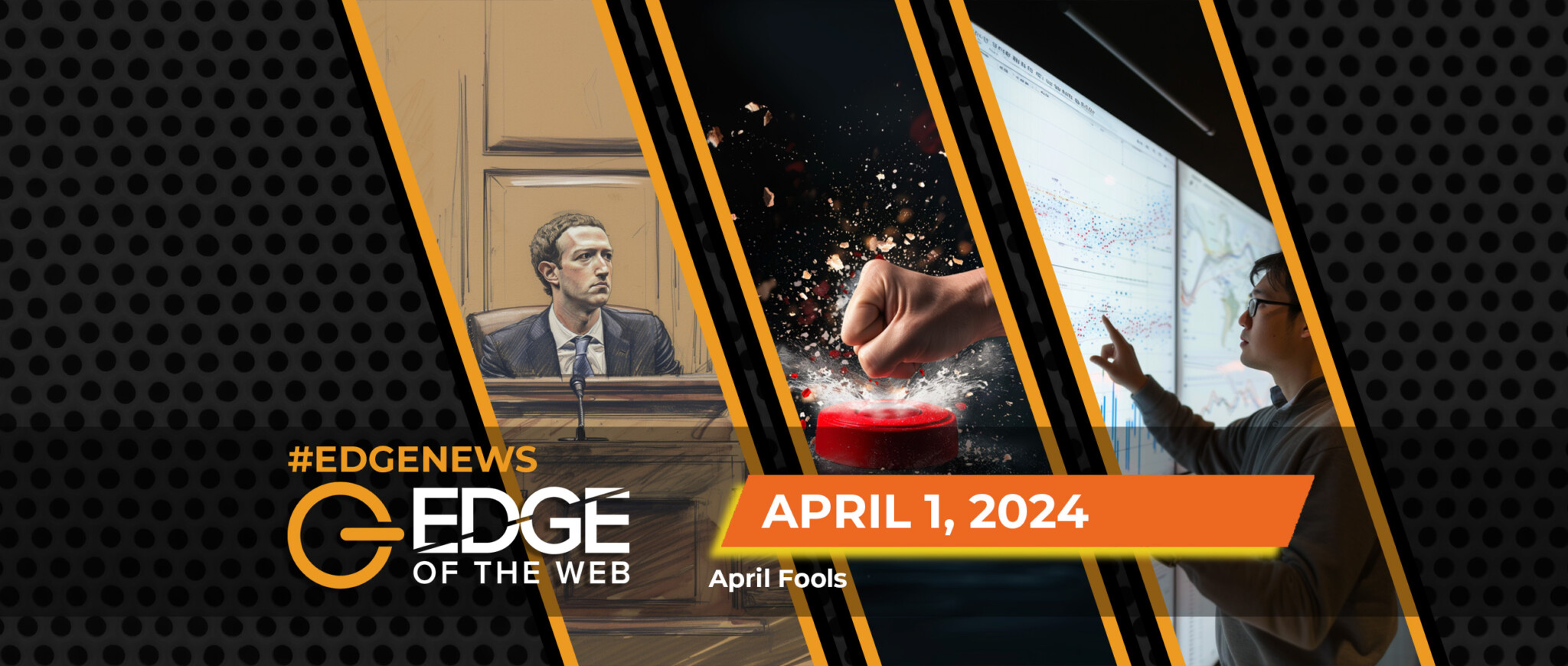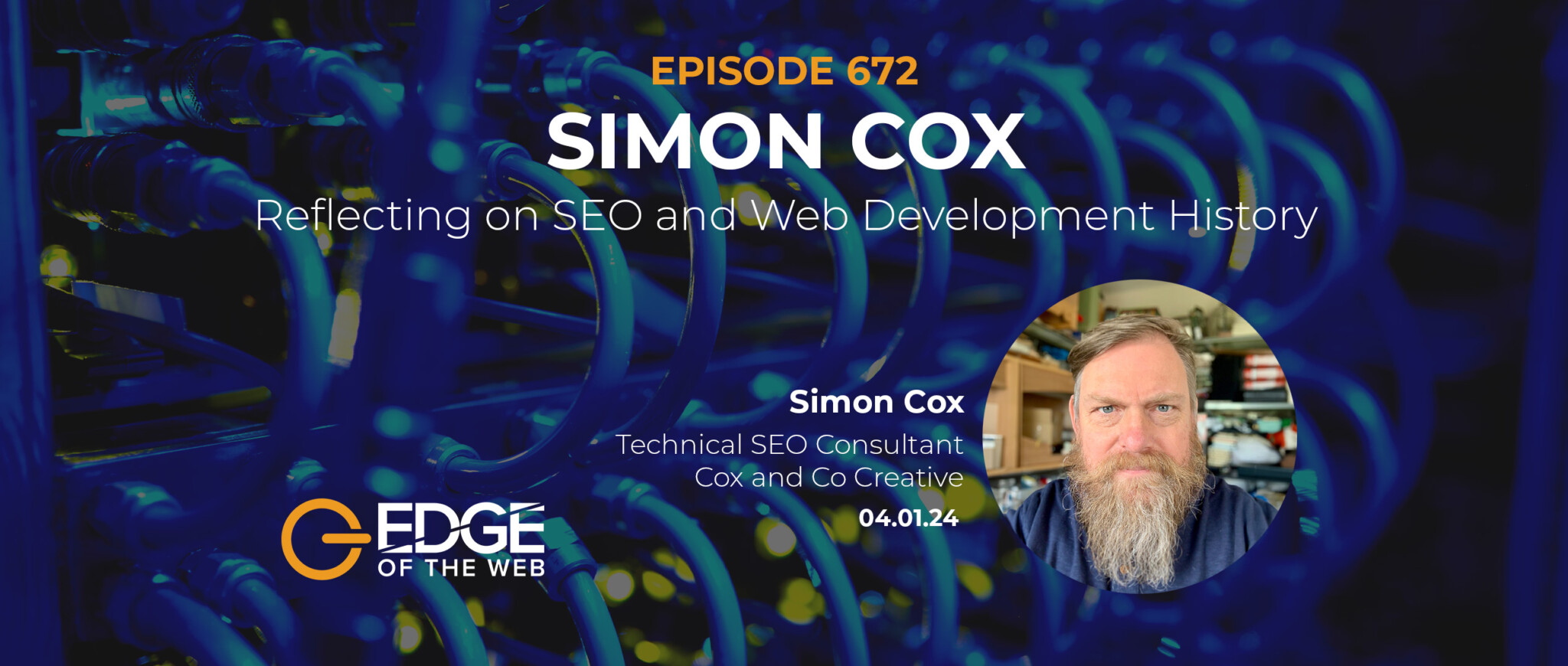Some shifts are necessary to understand user intent and how to meet the needs of your users. Looking at Google SERP topography with VP of Product Marketing and Training atseoClarity Mark Traphagen, metrics become pivotal when attempting to rank on Google Search.
- [00:04:44] What are some other metrics that should be more important than just rank?
- [00:11:25] It’s not about rank, at some point it’s a brand marketing position.
- [00:14:03] Does Google even want to give you a click?
- [00:15:02] We can waste a lot of time complaining about changes from Google…Google’s taking with one hand, giving with another.
- [00:21:40] Over 1200 SERP features on Google
- [00:25:50] Google’s Goal
Matching User Intent on Google Search
A significant piece of user intent is understanding the changes on a search engine. A heavy focus on rank can end up guiding websites to walls. Sometimes companies find their links ranking high, then a few months later, it just keeps dropping, and they’re left wondering why this happened. They’re left asking: What did we do wrong? There is a considerable amount of myopic focus on rank, but rank does not reflect the topography of the SERP.
Other Metrics That Should Surpass Rank’s Importance
Aside from the actual SERP position and the real estate a website is taking up on the page, the number one metric considered is traffic. Focus on bringing traffic insights and having those be the motivator when creating content. When it comes down to it, not considering the fundamental key performance indicators, any keyword tracked for ranking is a human judgment. Some tools can help make better judgments, but there will always be a finite set of keywords that one person thinks is important. However, Google is not limited to just that set of keywords.
Google can look at any content and detect several keywords and content that it can use for ranking. Google can essentially choose anything to be relevant to what the user intent is. If you’re only concentrating on a finite set of keywords, then you’re missing the larger picture. There could be certain aspects and pages that you’re missing that are doing well because you’re focused on just ranking high with specific content. It’s pertinent to know that visibility and ranking at the top of the Google search page do not mean that you’re visible. Your traffic awareness is much more important than ranking.
SEO As a Brand Marketing Decision
As soon as you’re interacting with a Google SERP, you see what Google believes is most important regarding user intent. There is a certain brand stake once they rank high and are visible. In addition, visibility is now showing users that that brand is one that they may want to go back to. Search visibility used to be simple, but there’s much more to take into consideration now. While Google may be taking up page space with its features which continually push organic web links down in the ranking, organic results still go beyond traditional optimization. This leaves websites wondering if it is worthless to try and fill content just to get featured. At the core of it all, no matter if the link gets clicked on or not, SEO is becoming a marketing decision. Success can’t be a linear transaction anymore; success is measured by the consistency and composition of traffic, traffic that can be gained through the correct marketing strategies.
Google: Strives to Be Useful for The User
Examining what Google is looking at when deciding rank, it’s no secret that Google wants to be as useful for the user as possible. Their features strive for user satisfaction on a Google SERP, leaving users to need to click less and less. Does that mean that it is counterproductive for brands to focus on getting clicks and ranking solely? User satisfaction means more ad revenue for Google, so they will continue to go down whatever route their data tells them is the most satisfying for the user, regardless of the work you put in.
Complaining About Google: Is It a Waste of Time?
The SEO industry can waste time complaining about Google and its goal of user satisfaction. However, the best way to thrive is by dealing with the reality of the situation and figuring out where to pivot. Those businesses that can thrive find ways to survive in the face of adversity and find ways to expand through new necessary avenues of business. Do what you must do and concentrate on the action needed to get to where you want to go. Take a larger look at the big picture to understand the full context regarding how Google is presenting you and your competitor to the user. A brand could be losing rank but gaining a following. It’s essential to focus on how one can consistently hold some rank and gain a following. Google may be stealing traffic in areas that didn’t matter as much as we thought.
Understanding Opportunities of New SERP Features
Google may be taking away visibility in some respects, but it also gives the ability to appear and be relevant for much broader user queries to brands. Being able to understand relevance at a much deeper level is giving more opportunity to brands. The opportunity to match user intent is greater than ever. The ability to match and understand audience similarities across several keywords and incorporate them into content gives more brands much bigger chances to be seen.
Google has over 1200 SERP features, which is an individual thing that Google puts in a SERP that is not just a blue line link. Google only uses features in very specific queries. On any given SERP, the features can be different. If you ignore how the page looks, you’re missing a huge factor to consider when determining your visibility. Different SERP features indicate how Google understands that key concept, which you can use to create useful content. Google’s goal is not just to answer each question but also to understand what satisfies human beings. In the past, there may have been a gap between what made human beings happy and what made search engines happy in terms of SEO, but now you don’t need to think like that anymore. If you’re trying to satisfy the user, then you’ll satisfy the search engine. Keywords are evidence of where we’ve been, not where we’re going.

























